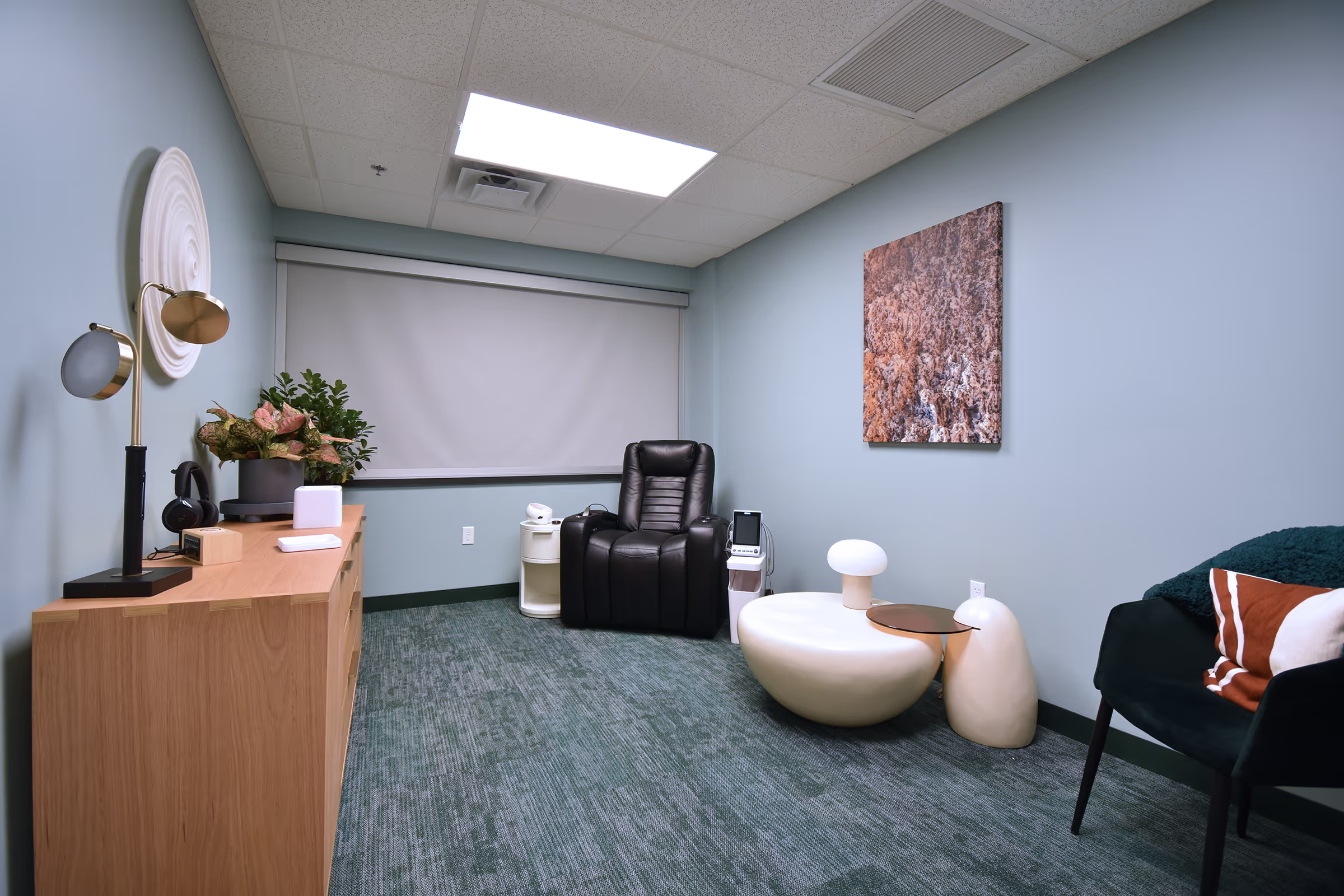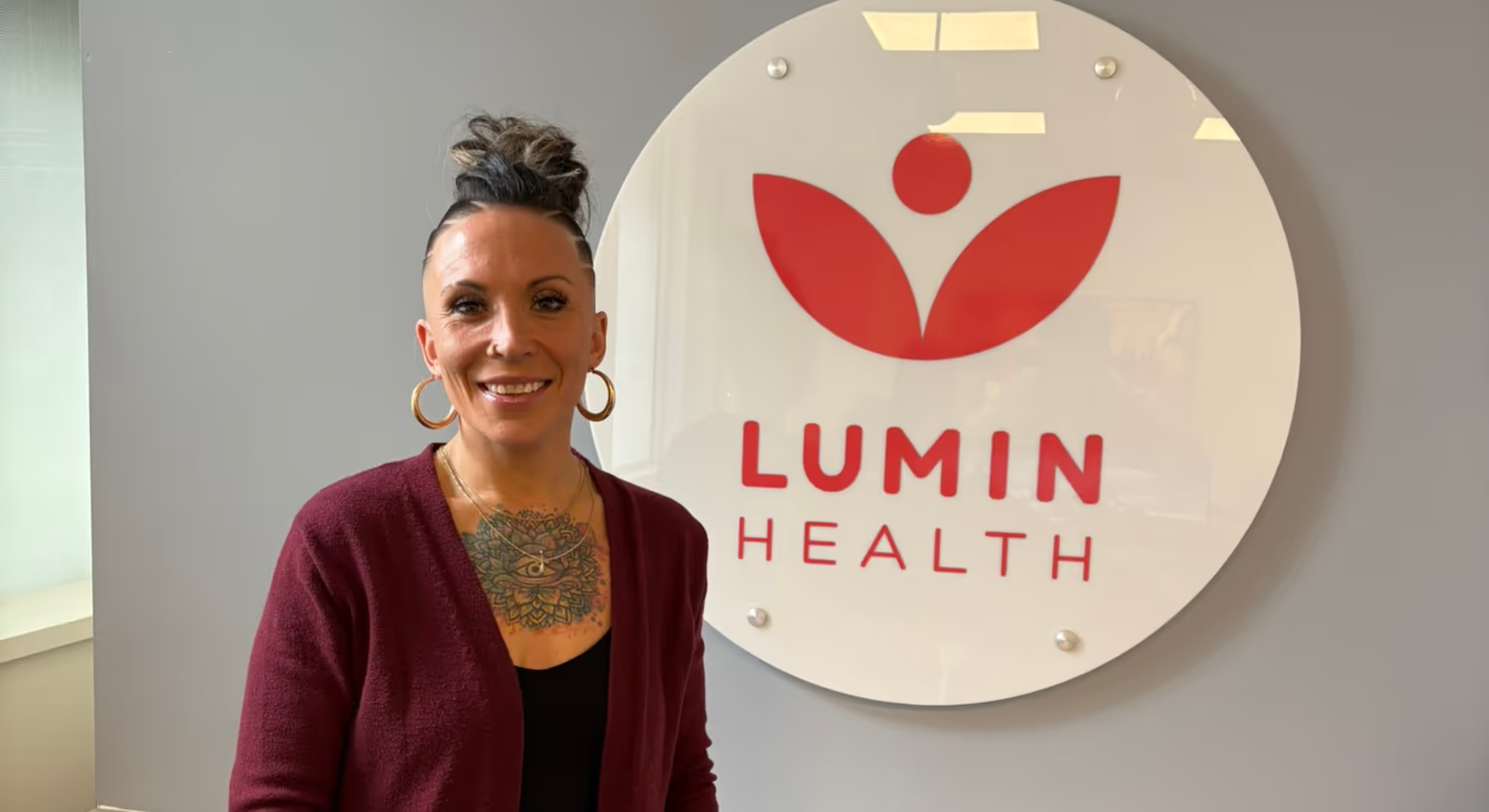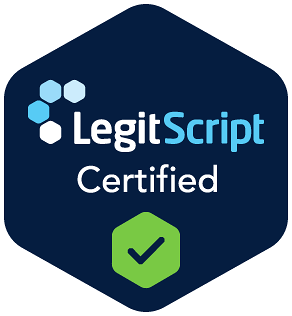Do You Need a Prescription for Ketamine? What Patients Should Know
Many people hear about ketamine therapy for depression and wonder: do I need a prescription for that? The short answer is: sometimes — but not in the way most people think.
At Lumin Health, patients don’t need a prescription or receive ketamine from an outside pharmacy. Instead, treatment is provided and administered safely in a medical clinic, under direct supervision. This difference — between prescribed and administered ketamine — is crucial to understanding your options when looking for ketamine therapy as a treatment for treatment-resistant depression and other mental health disorders.
Why “Prescription Ketamine” Matters
In medicine, how a compound is used determines so much of its purpose and safety: For example, opiate medications can relieve pain when prescribed safely and under medical guidance, or cause harm and intoxication when misused. Ketamine follows a similar paradigm. Ketamine can be used as an anesthetic medication when given at certain doses, can be diverted and used purely as a medication that causes intoxication, and, in the case of Lumin Health, when provided in particular doses in particular settings, ketamine can treat psychiatric conditions.
In a clinical setting, everything surrounding the experience is designed to promote healing — from the medication’s source and purity to the environment and professional monitoring that protect patients physically and emotionally.
“Medical ketamine is part of a broader process of wellness,” explains Dr. Ben Yudkoff, Chief Medical Officer and Co-Founder at Lumin Health. “It’s not just about the medicine itself. It’s the combination of medical oversight, safety, and intent that makes it therapeutic.”
Ketamine Prescription vs. Ketamine Administration
When thinking about a ketamine prescription, a typical prescription usually means a doctor writes an order that you fill at a pharmacy — similar to an antibiotic or antidepressant. In those cases, a person would self-administer the medicine at home, often in the form of a lozenge.
At Lumin Health, however, patients don’t receive a prescription. They receive administered ketamine — treatment given by mental health professionals in a setting that promotes safety and comfort. The care team monitors vital signs, adjusts dosage as needed, and helps guide the experience safely.
This approach allows for:
- Real-time monitoring of blood pressure and oxygen saturation
- Support is available during ketamine experiences
- Immediate intervention if side effects occur
- Accurate dosing and consistent medication quality
In short: at-home prescriptions rely on the patient to manage everything. In-clinic administration ensures experts manage it with you — and on your behalf.
The Role of Esketamine (Spravato)
If you’ve seen advertisements for Spravato, that’s the FDA-approved form of ketamine, also known as esketamine. Esketamine is available through certified Spravato clinics like Lumin Health.
Spravato is given as a nasal spray — not an infusion or injection — but it’s still administered under medical supervision. Patients use it in the clinic, remain onsite for a few hours afterward, and are monitored the entire time.
While both ketamine and Spravato work through similar mechanisms, Spravato’s FDA approval means it’s covered by most major insurance plans, including Blue Cross Blue Shield, Harvard Pilgrim, United Healthcare, and Medicare. That coverage makes it one of the most accessible advanced treatments for depression today.
Concerns of At-Home Ketamine Prescriptions
Some telemedicine companies and independent prescribers now offer at-home ketamine prescriptions — typically lozenges or nasal sprays. Taking ketamine at home offers important conveniences, but we have not made this a part of Lumin’s practice for reasons relating to the reliability of the medication and general safety. Lozenges and intranasal ketamine have widely variable “bioavailability” – the term that refers to how much of the medication delivered actually enters the blood stream. As Dr. Yudkoff explains:
“With oral or intranasal ketamine, the amount that gets absorbed varies widely. Some gets swallowed, some may be spat out, some leaks out of the nose in the case of intranasal ketamine – which is especially important considering the relatively large doses that are required. None of this ketamine will ever reaches the bloodstream,” he notes. “That means the actual dose your brain receives can be unpredictable and, thus, so can treatment be as a whole.”
Taking ketamine in an at-home setting also makes monitoring and side effect management more complicated. It also limits the amount of supervision and processing available to an individual.
In-clinic treatment ensures the medication’s purity, consistency, and supervision — turning an otherwise variable experience into a medically guided one.
Why Clinical Oversight Matters
At Lumin Health, every treatment takes place under the direction of psychiatrists. That means care is never just about medication — it’s about context.
Clinical oversight ensures:
- Accurate dosing and medical safety
- Emotional support
- Tracking of response over time
- Adjustments to prevent overuse or underuse
- Engaged partnership with a care team that can collaborate with a person’s outside care providers.
Most importantly, patients don’t have to manage their treatment alone. Everything — from the medication to the monitoring to the follow-up — happens within a structured system designed for safety.
FAQs: What Patients Often Ask
Can a psychiatrist prescribe ketamine?
Yes. Psychiatrists can prescribe ketamine when medically appropriate, but at Lumin Health, treatment is administered in-clinic.
What’s the difference between prescription ketamine and clinic-administered ketamine?
Prescription ketamine is filled at a pharmacy for home use. Clinic-administered ketamine is given in the office, under medical supervision — where safety, dosing, and emotional support are all built into the process.
Is esketamine (Spravato) a prescription medication?
Yes. Esketamine (Spravato) is an FDA-approved, prescription medication, but per FDA guidelines it must be administered in a certified Spravato clinic under observation.
Can I take ketamine home from a Lumin Health clinic?
For safety and legal reasons, patients at Lumin Health do not take ketamine home. All treatments occur in the clinic with professional oversight.
The Role of Prescription Ketamine in Treating Depression
Getting help for depression is hard enough — treatment shouldn’t add confusion.
If you see the phrase “ketamine prescription” online, know that the safest, most effective version of ketamine therapy doesn’t come in a bottle. It happens in a structured, medical environment where every element — dose, monitoring, and care — is designed to protect you.
At Lumin Health, our goal is simple: to make cutting-edge depression care safe, transparent, and accessible for every patient who walks through our doors. Get in touch with our dedicated patient concierges to learn more.







